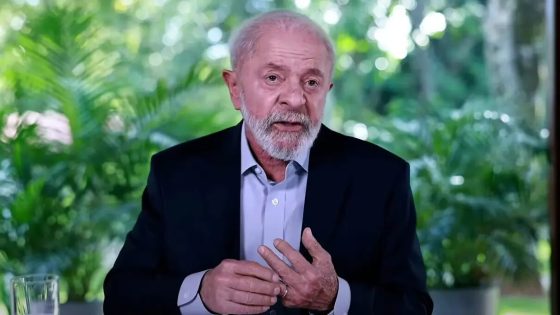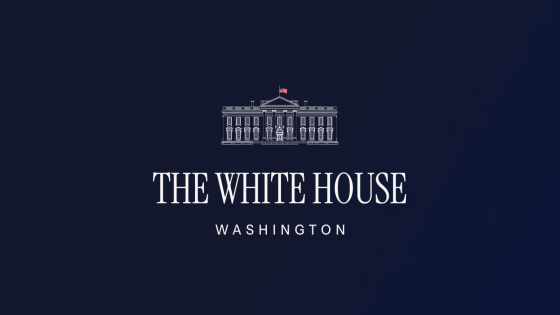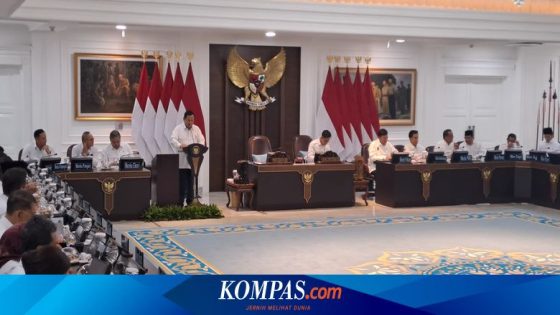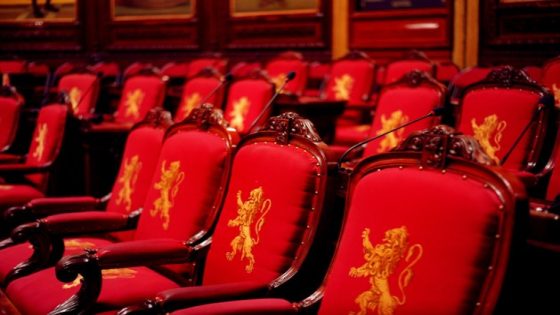On February 6, President Lula made headlines by suggesting that Brazilian consumers control rising prices by simply not buying expensive products. This controversial statement has sparked outrage among citizens who feel let down by the government’s handling of the economy. Is it fair to put the responsibility of high prices on the public?
- Lula blames citizens for rising prices.
- Government promotes consumer awareness for pricing.
- Ministers suggest substituting expensive food items.
- Public backlash against Lula's statements.
- Contrast between Lula's lifestyle and his advice.
- Comparison to a comedic TV character.
Lula’s Price Control Strategy: A Shift in Responsibility?
In his recent interview, Lula implied that the solution to high prices lies in consumer behavior. But is this a realistic expectation? Many Brazilians are questioning the government’s approach to inflation and economic management.
Public Reaction to Lula’s Comments on Economic Responsibility
Following Lula’s remarks, many citizens expressed their discontent. The idea that consumers should simply stop buying expensive food items feels dismissive to those struggling to make ends meet. Here are some key reactions:
- Criticism of Lula’s lack of accountability.
- Concerns about rising food prices affecting daily life.
- Comparisons to past government promises that went unfulfilled.
- Calls for more effective economic policies from the government.
Understanding the Economic Context Behind Lula’s Statements
Brazil is currently facing significant inflation, making basic necessities unaffordable for many. Lula’s suggestion to simply not buy expensive items raises questions about the government’s understanding of the average citizen’s struggles. How can a government expect people to forgo essential goods?
Comparisons to U.S. Economic Policies
The situation in Brazil mirrors some challenges faced in the U.S., where rising prices have also caused public frustration. Both governments must address economic issues more effectively to regain public trust. What lessons can be learned from Brazil’s current predicament?
































